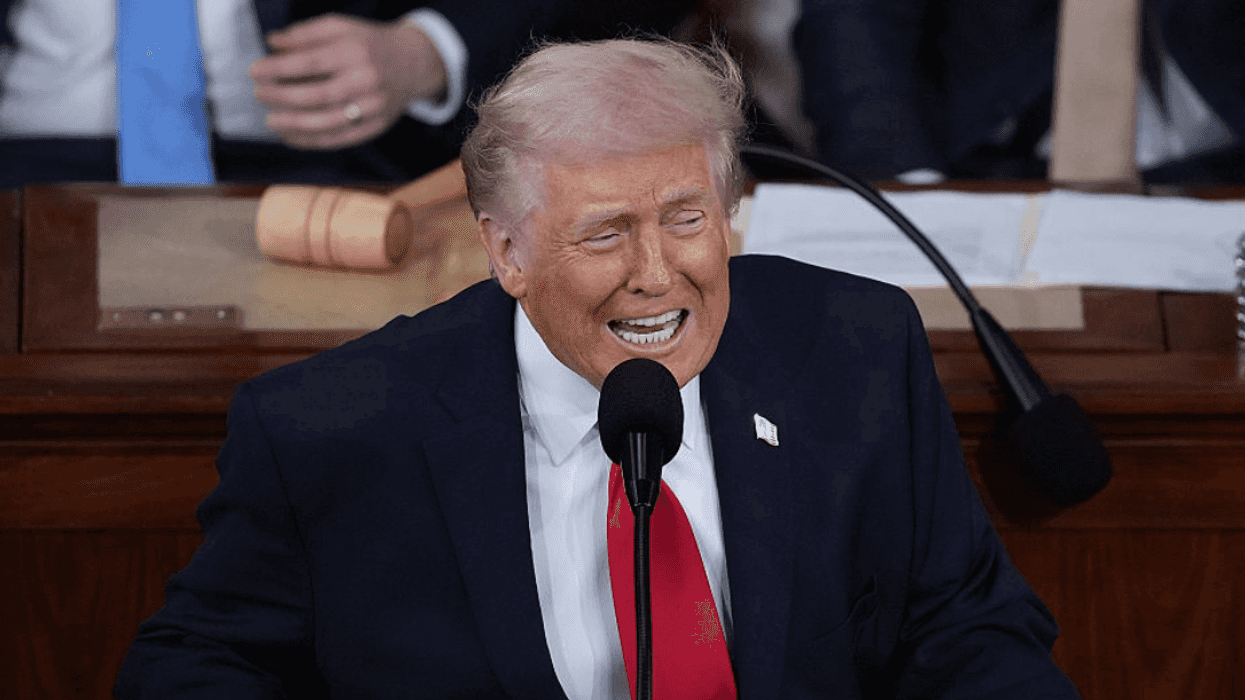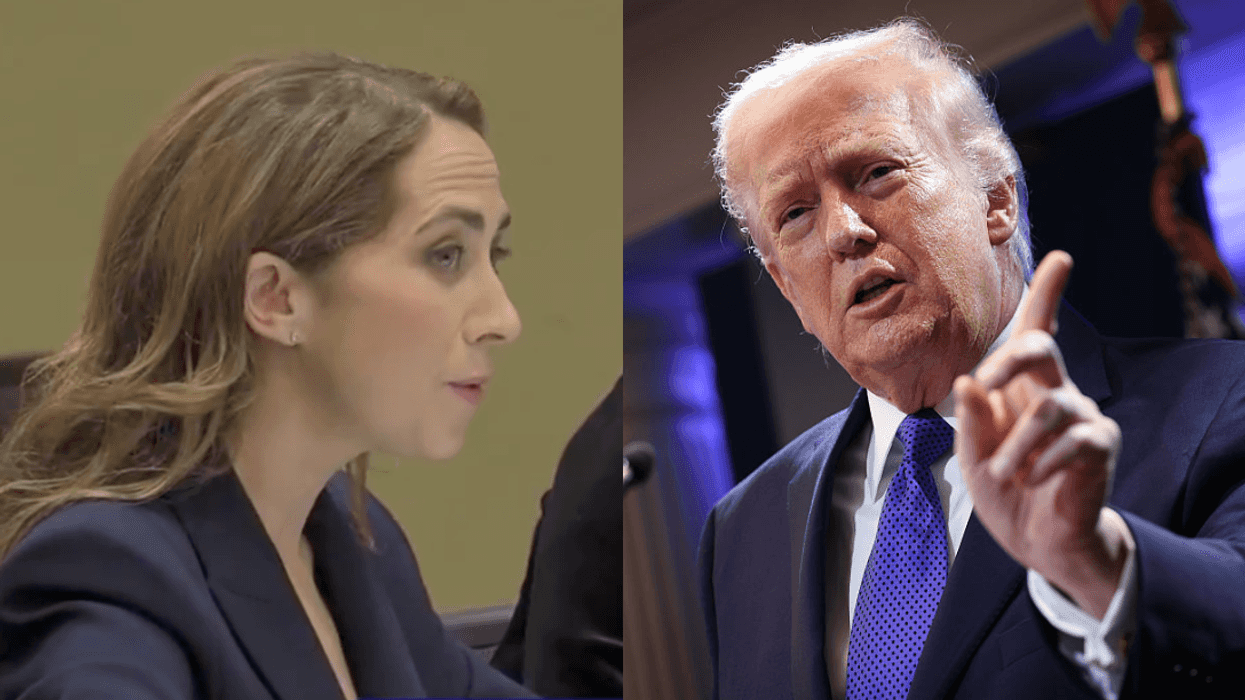The latest manufactured conservative outrage concerns a floated "ban" on gas stoves by the commissioner for the Consumer Product Safety Commission (CPSC) due to the toxic chemicals released that can contribute to childhood asthma.
Although CPSC Commissioner Richard Trumka Jr. shut down claims his agency is on the cusp of banning gas stoves—he is considering new regulations on gas stoves to "reduce related indoor air quality hazards"—it hasn't stopped Republicans from conjuring images of federal agents storming into people's homes and taking gas stoves by force.
Florida Republican Representative Matt Gaetz couldn't help but weigh in on this conservative bogeyman of government overreach, saying in a Twitter post we'll "have to pry" his gas stove "from [his] COLD DEAD HANDS!"
Gaetz accompanied his statement with a video of his gas stove blazing defiantly.
You can see the video for yourself below.
The video was so absurd Twitter users couldn't help but pile on Gaetz after he posted it.
Research does show gas stoves pose risks to public health and while the CPSC has several options available to them—which include setting new performance standards for range hoods to ensure they are filtering out emissions—the move to curb indoor air pollution is just one piece of the larger picture.
About 40 million Americans use gas stoves and they're not going anywhere anytime soon despite an ongoing push to make the nation less reliant on natural gas and other fossil fuels.
The natural gas industry has a strong incentive to oppose CPSC regulation, though not necessarily because of gas stoves themselves. Gas furnaces and water heaters—which are also regulated to contribute less to both indoor and outdoor pollution—are a major profit margin for the industry.
Cities and states are looking to reduce their reliance on gas stoves largely in response to campaigns by climate activists to make buildings less reliant on gas because they account for about 13 percent of U.S. greenhouse gas emissions.
However, citywide and statewide initiatives thus far have focused on ensuring new construction runs on electricity rather than remodeling existing buildings.
Federal regulation is a long way off though homeowners and building operators can opt to take advantage of newly available federal tax credits and rebates that make it easier for Americans to electrify their homes.















 @FlavorFlav/X
@FlavorFlav/X @flavorflavofficial/Instagram
@flavorflavofficial/Instagram @flavorflavofficial/Instagram
@flavorflavofficial/Instagram
